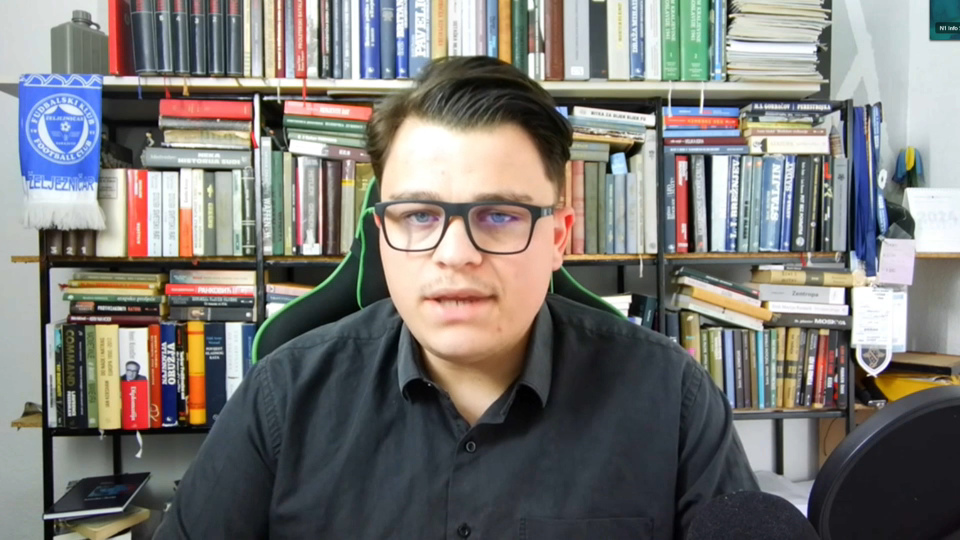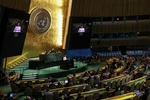Military analyst explains Iran's missile attack on Israel and its implications

Iran has launched around 200 ballistic missiles at Israel, marking the first direct attack of this kind since April. Israel’s military announced that the attack, which caused no injuries, has concluded. Reports suggest the assault was in retaliation for Israel's operations against Hezbollah in Lebanon. Military analyst Dean Dzebic, speaking to N1, explained the broader context of the attack and potential responses from Israel, the U.S., and the international community.
Oglas
Dzebic emphasized that the attack is a culmination of various ongoing tensions in the Middle East, noting the significant number of missiles fired. “The number of missiles, ranging from 180 to over 200, is striking. Iran has likely used hypersonic missiles, breaking through Israel's advanced missile defense system,” he said, highlighting Israel's sophisticated civilian shelter network, which contributed to the low casualty count.
He also pointed out that Israel is facing attacks on multiple fronts, including from Iran, neighboring countries such as Lebanon, Syria, and Iraq, as well as Yemen. “Israel is now dealing with attacks from three directions, which poses a significant challenge for the country’s security and economy,” Dzebic explained. Despite the threat, Dzebic noted that Iranian-backed forces in Yemen, such as the Houthis, do not currently pose a significant risk to Israel with their existing technology.
The situation underscores the complexity of the ongoing conflict, with Iran reportedly supplying missile parts to Hezbollah and other groups in the region. Dzebic concluded by stating that Israel must carefully navigate these challenges without escalating into a broader, multi-front conflict.
Kakvo je tvoje mišljenje o ovome?
Učestvuj u diskusiji ili pročitaj komentare
Oglas
Kakvo je tvoje mišljenje o ovome?
Učestvuj u diskusiji ili pročitaj komentare
Oglas
NAJČITANIJE
Oglas
Oglas
Najnovije
Oglas
Oglas





 Srbija
Srbija
 Hrvatska
Hrvatska
 Slovenija
Slovenija



























































